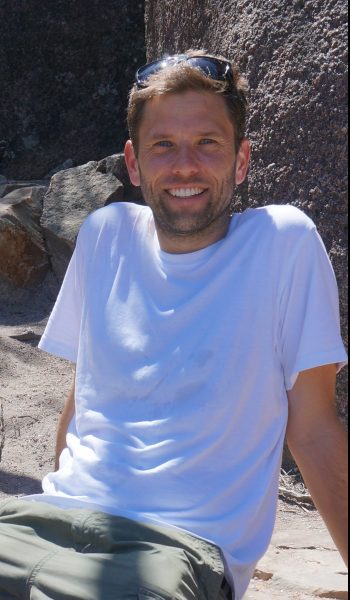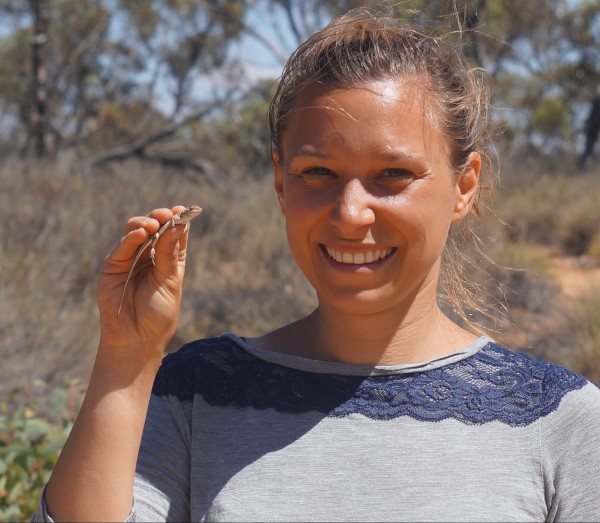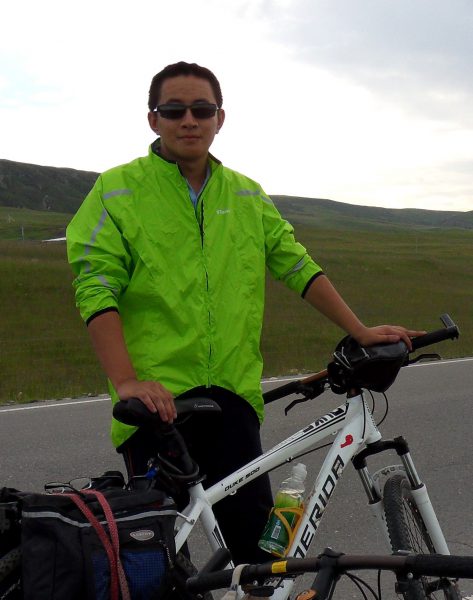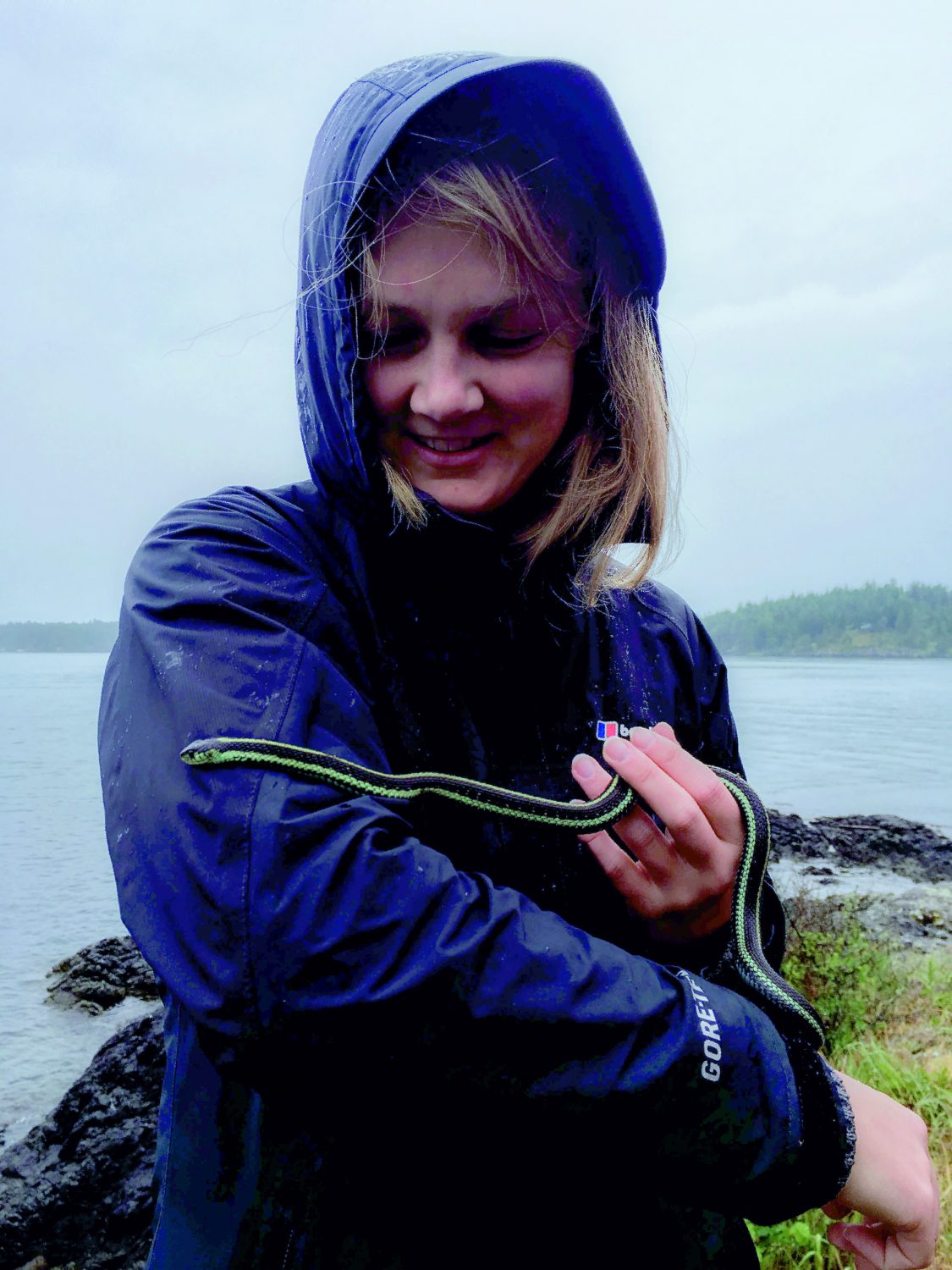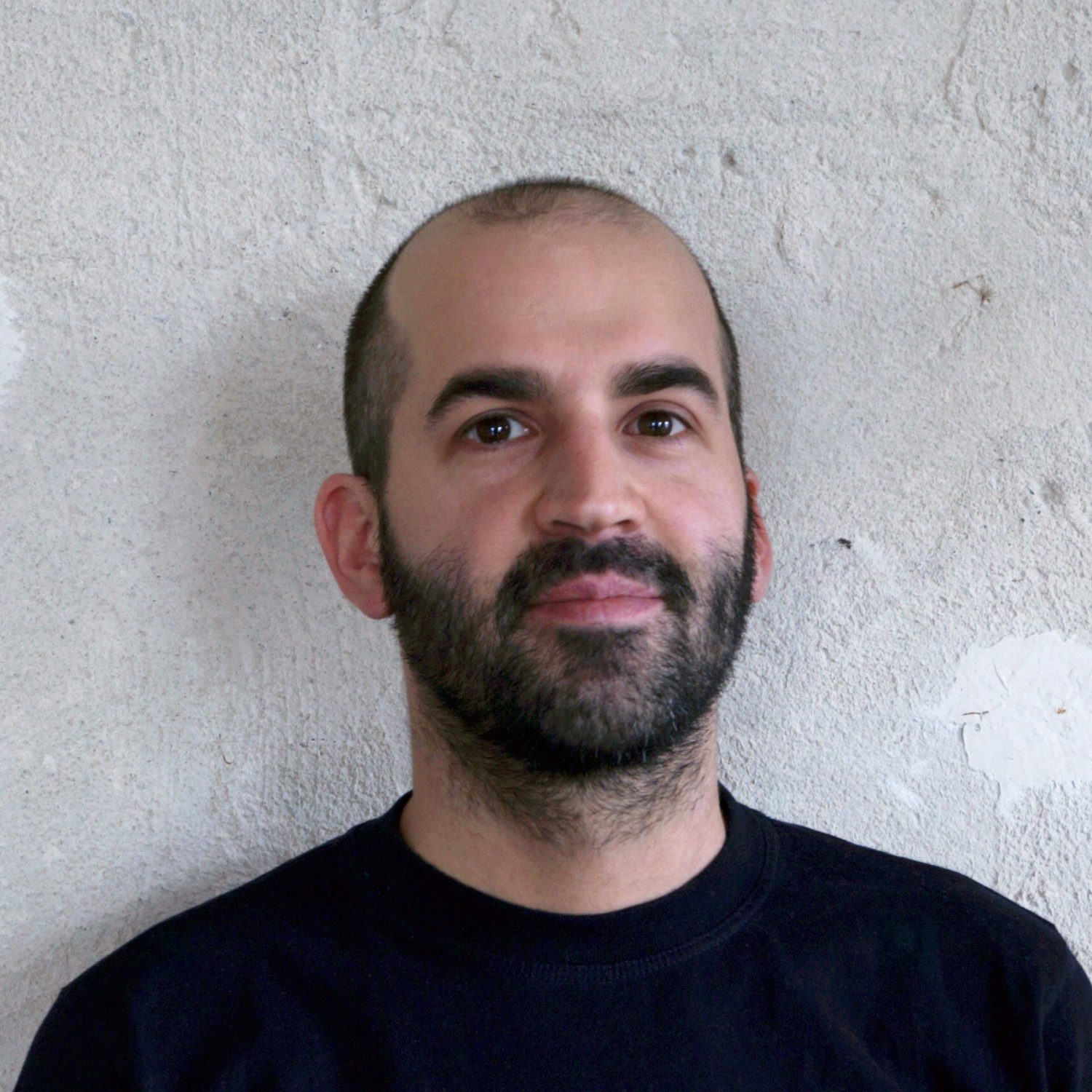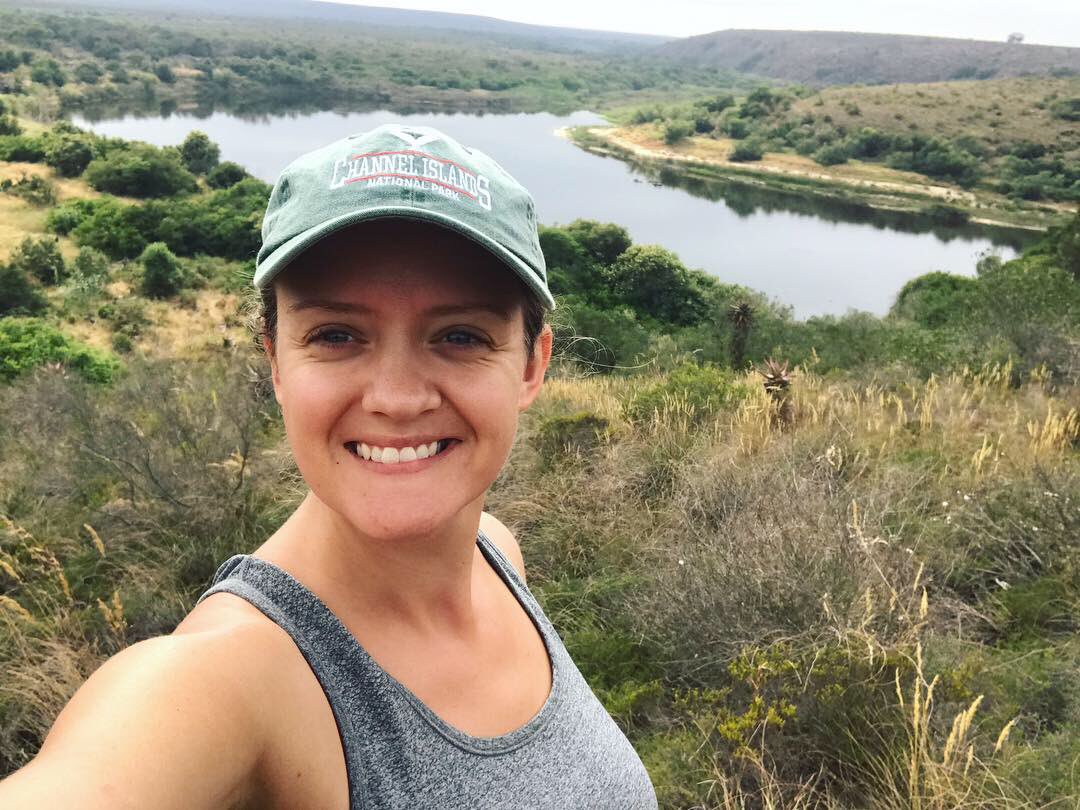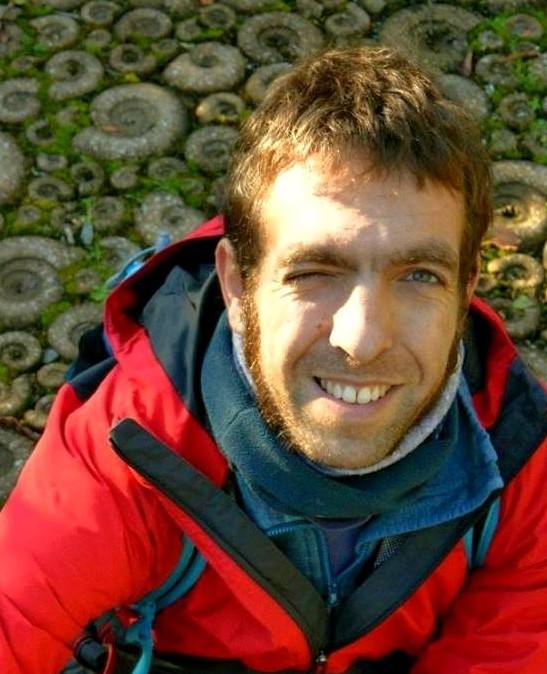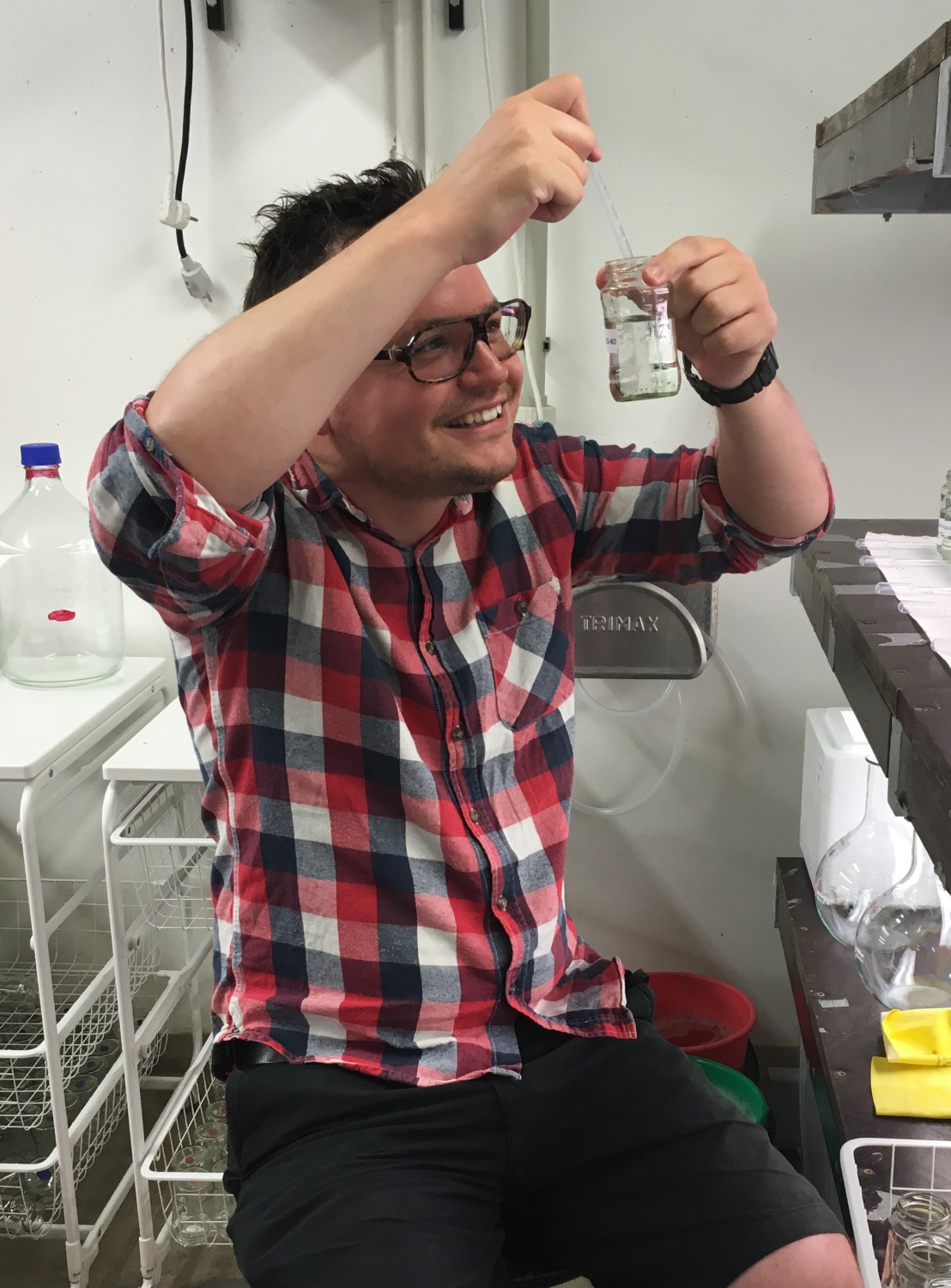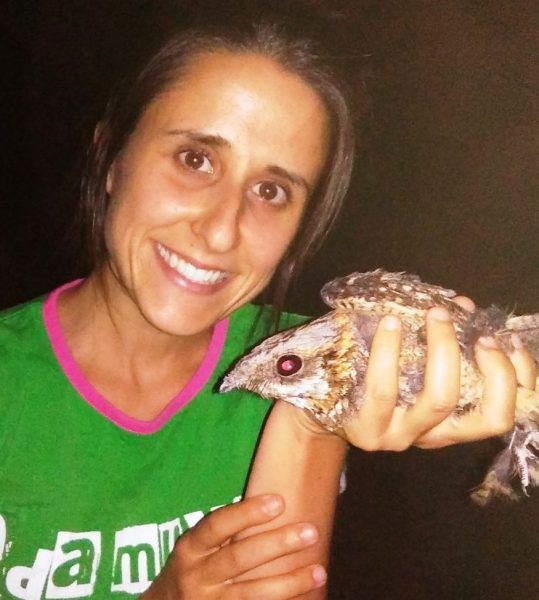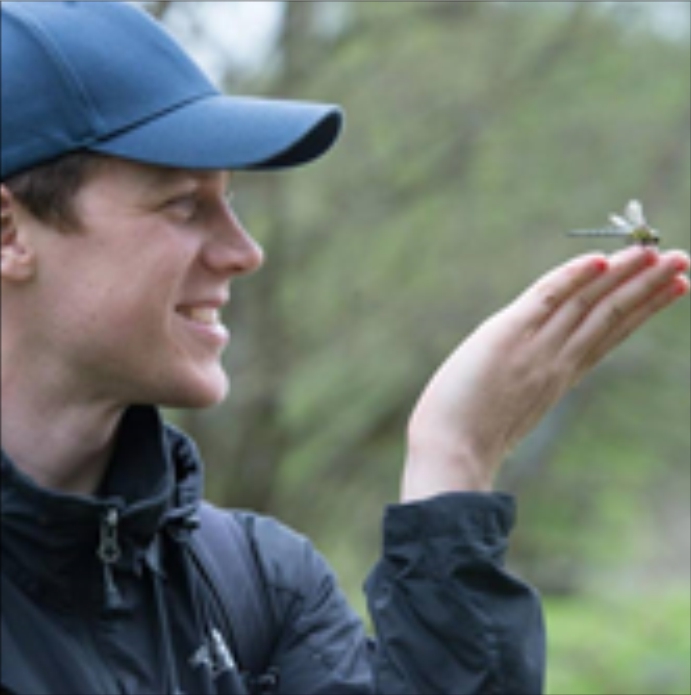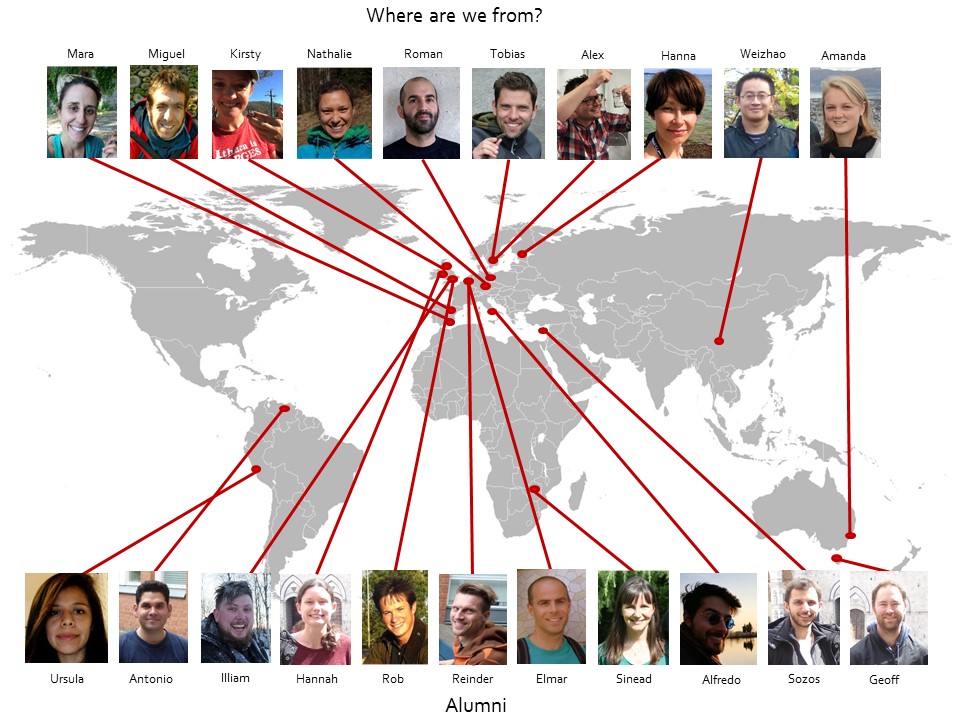GROUP LEADER
I want to understand how evolution works. This requires an integrative approach – from molecular and developmental biology to ecology – guided by mathematical modelling and conceptual analysis. The projects in my group span across a range of topics, but most are designed to reveal how functional processes of organisms – development, physiology and behaviour – influence their evolution. We mostly study lizards and water fleas, and combine experiments with genomic analyses, field studies and comparative methods. Several projects make use of mathematical modelling to predict or interpret evolutionary outcomes. The integration of development and evolution also raises conceptual issues, which I explore in contributions aimed towards biologists and philosophers of science.
Current research projects include how phenotypic plasticity influences adaptive diversification, the evolutionary causes and consequences of extra-genetic inheritance, and the genetic, developmental and ecological factors underlying evolution through introgressive hybridization.
CV Publication list LU website tobias.uller@biol.lu.se
POST DOCS
I am a member of the ‘Evolutionary Biology’ research group. My main drive is to understand the relationship between evolution and development – how development itself evolves, and how developmental systems shape evolutionary trajectories. I mainly use Anolis lizard to frame my questions: with more than 400 species of endless forms most beautiful, they offer a rich playground for the curious biologist. With the goal of understanding how evolution produces diversity, I am studying different levels of biological organization – from organismal morphology to genomes. My three main projects are aimed at comparative embryology across the genus, developmental bias in Anolis morphospace, and the impact of transposable elements on evolution and development. If you want to learn more about my research, please click on my LU website.
Publication list nathalie.feiner@biol.lu.se
My general research interests are mainly focused on the mechanisms of evolution. I am particularly interested in the genetic basis of evolutionary novelties. The principles of molecular evolution and population genetics, along with the advances in high throughput sequencing technology and bioinformatics, give us the opportunity to study the overall perspective of adaptation on -omics levels. As a postdoc researcher at Lund University, I am working on the project investigating the genomic signature of sexually selected hybridization in wall lizards (Podarcis muralis). We aim to generate a comprehensive understanding of how sexual and natural selection upon secondary contact shapes genome-wide patterns of introgression and geographic variation in phenotypic diversity in the wild.
Publication list LU website weizhao.yang@biol.lu.se
I am interested in understanding the causes and consequences of phenotypic variation, in particular for early life history and developmental traits. For my PhD work I measured metabolic scaling with size and temperature during development in marine invertebrates and fish to understand key patterns in life-history theory. I used a combination of field work, measures of physiological rates, and meta-analyses to propose potentially general mechanisms for variation in maternal investment strategies. I also measured selection on metabolic rate and key life-history traits to determine how micro-evolutionary processes can maintain variation in metabolic rates, and drive the pace-of-life across environments. In my current work as a Wenner Gren postdoctoral fellow, I will investigate the contribution of maternal effects as a mechanism for rapid countergradient adaptation in wall lizards. To answer how populations adapt to cool climates, which severely limits embryo growth, I will study populations across the native range, as well as populations introduced from Italy to England. I will combine field sampling and experimental work to determine the biochemical and physiological mechanisms, and the underlying genomic basis, of maternal and embryonic adaptations to cool climate.
Publication list LU website amanda.pettersen@biol.lu.se
I am interested in understanding the mechanisms that underlie phenotypic evolution. My current research focuses on the role of developmental mechanisms in the evolution of phenotypic plasticity. In particular, I am interested in the evolution of polyphenisms, a form of plasticity that gives rise to discrete alternative phenotypes. I aim to reveal how polyphenisms evolve by modeling the evolution of their underlying developmental regulatory architecture. In addition, I will apply the model to the specific case of environmental sex determination and study how evolutionary transitions in sex-determining systems are mediated by the evolution of gene regulatory networks. During my PhD, my research focused on the role of symbionts in the evolution of their hosts. In particular, I worked on Wolbachia, widespread bacterial endosymbionts of insects and other arthropods. These symbionts affect development and reproduction of their hosts in remarkable ways, and I theoretically investigated several of Wolbachia‘s effects on host phenotype and their evolutionary consequences.
Publication list LU website roman.zug@biol.lu.se
l am a behavioural and evolutionary ecologist with broad interests in how individuals interact with one another and their environment, and how social interactions may contribute to phenotypic variation and evolution, and shape communities over multiple scales in vertebrate systems. My PhD, under the supervision of Professor Tim Clutton-Brock at the University of Cambridge, focused on animal social groups. In particular, I investigated helper investment in offspring through allonursing (when a non-mother provides milk to the offspring of another female) in Kalahari meerkats. After completing my PhD I remained in the same department with Dr Rose Thorogood for a postdoc looking at how dietary supplementation influences maternal reproductive strategies in the New Zealand hihi. More recently, I moved to Penn State for a second postdoc with Drs Tracy Langkilde and Michael Sheriff investigating the transgenerational consequences of maternal stress in eastern fence lizards. My current project, which I am undertaking as part of a Marie Curie fellowship, will finally combine all these research interests: sociality, maternal investment, maternal effects, and physiological stress. I will test how post-natal sociality influences the outcome of maternal stress both empirically using the Egernia lizard system in Tasmania, and using a meta-analytical framework.
Publication list LU website kirsty.macleod@biol.lu.se
I am an evolutionary biologist interested in understand how the interactions between gene network dynamics, cell biophysics and environmental variables result in complex and functional phenotypes; and on how these complex phenotypes do evolve. I approach these questions through a prism whose facets are theoretical biology, computational biology and developmental biology. Quite often, my research is not concerned with particular species, but is directed towards finding and interpreting evolutionary patterns that are of general application. During my PhD in the Universitat Autonoma de Barcelona, I published works related to complexity catastrophes in a population-genetic framework, general models of development and the biophysics of early development in invertebrates. During my Postdoc in the University of Southampton, within the Extended Evolutionary Synthesis project, I conducted research on cell plasticity (with conceptual tools from learning theory) and on the relationship between phenotypic plasticity and developmental biases. Most of these works involve intense computational modelling, although I have also published a number of minor conceptual works. My current research project in Lund University is aimed to better understand how natural selection explores a vast -but finite and highly anisotropic- developmentally available space of shapes. Unlike other projects, we will use morphological datasets from living organisms (from the very variable dorsal patterning in Anolis lizards) to inform the computational model and to test the model’s predictions, in a fruitful interplay.
Publication list m.brunusan@gmail.com
PhD STUDENTS
I am interested in how the environment influences the traits of organisms. As a PhD student at Lund University, under the supervision of Tobias Uller, I will work with water fleas (Daphnia) to study phenotypic plasticity and non-genetic inheritance. Due to their unique biology, Daphnia is a great model system for studying such questions. Not only do they produce clones, making it possible to raise large cohorts of genetically identical individuals, but they also have a short generation time and are small and easy to keep the lab. In addition, Daphnia can also reproduce sexually and create resting eggs that can stay dormant in lake sediments for decades. This opens up the possibility of resurrection studies to investigate evolutionary questions concerning the relationship between plasticity and adaptation.
LU website alexander.hegg@biol.lu.se
I am a PhD student at University of Tasmania, under the supervision of Tobias Uller and Geoff While. I am interested in the mechanisms that generate adaptation, in particular how differences in environment influence evolutionary convergence and divergence. During my PhD I will study the processes that drive geographic patterns of introgression in wall lizards, and the consequences this introgression has for the evolution of sexual dimorphism. To this end I will combine field studies, laboratory experiments and genomic analyses across multiple regions of secondary contact.
maravillas.ruiz_minano@biol.lu.se
STUDENTS
I am interested in understanding how phenotypic evolution occurs by modification of developmental systems. As a master student supervised by Nathalie Feiner I study the developmental genetics of an interesting pigment pattern polymorphism in Brown Anoles (Anolis sagrei) – while some of these lizards have a diamond pattern on their back, other lack this conspicuous geometric ornament. There are two sides to the project. On the one hand, I aim to gain a basic understanding of the phenotype. This involves investigating the histology of the pattern and quantifying individual variation in the pattern. The latter will feed into Miguel Brun-Usans models of pattern formation (stay tuned for an update on this). On the other hand, I am trying to disentangle the developmental mechanisms behind the pattern. Which entities have what activities? Do the pigment cells (neural crest cell derivatives) forming the pattern contain the information about where in the skin to settle and which type of pigment cell to differentiate into, or are they informed by some prepattern of signaling molecules expressed by other cells in the tissues? To approach this second set of questions I look at candidate gene expression in embryonic time and space using qPCR and in situ hybridization.
ALUMNI
Dr Hanna Laakkonen, lab manager 2014-2019
Dr Illiam Jackson, postdoc Lund 2017-2019
Dr Alfredo Rago, postdoc Lund 2017-2019
Dr Reinder Radersma, postdoc Lund 2015-2019
Konstantinos Plavos, Master’s student Lund 2017
Dr Antonio Cordero, postdoc Lund 2015-2017
Dr Hannah MacGregor, PhD student Tasmania 2014-2017
Bea Anderson, Master’s student Lund 2016-2017
Dr Sozos Michaelides, DPhil student Oxford 2012-2015; postdoc Lund 2016
Dr Elmar Tobi, postdoc Oxford 2015-2016
Dr Sinead English, postdoc Oxford 2012-2015
Dr Geoffrey M While, postdoc Oxford 2008-2010 & 2011-2013
Dr Ursula Paredes, postdoc Oxford 2011-2013
Robert Heathcote, DPhil student Oxford 2009-2013
Group leader
Postdocs
PhD students
Students
Research support

